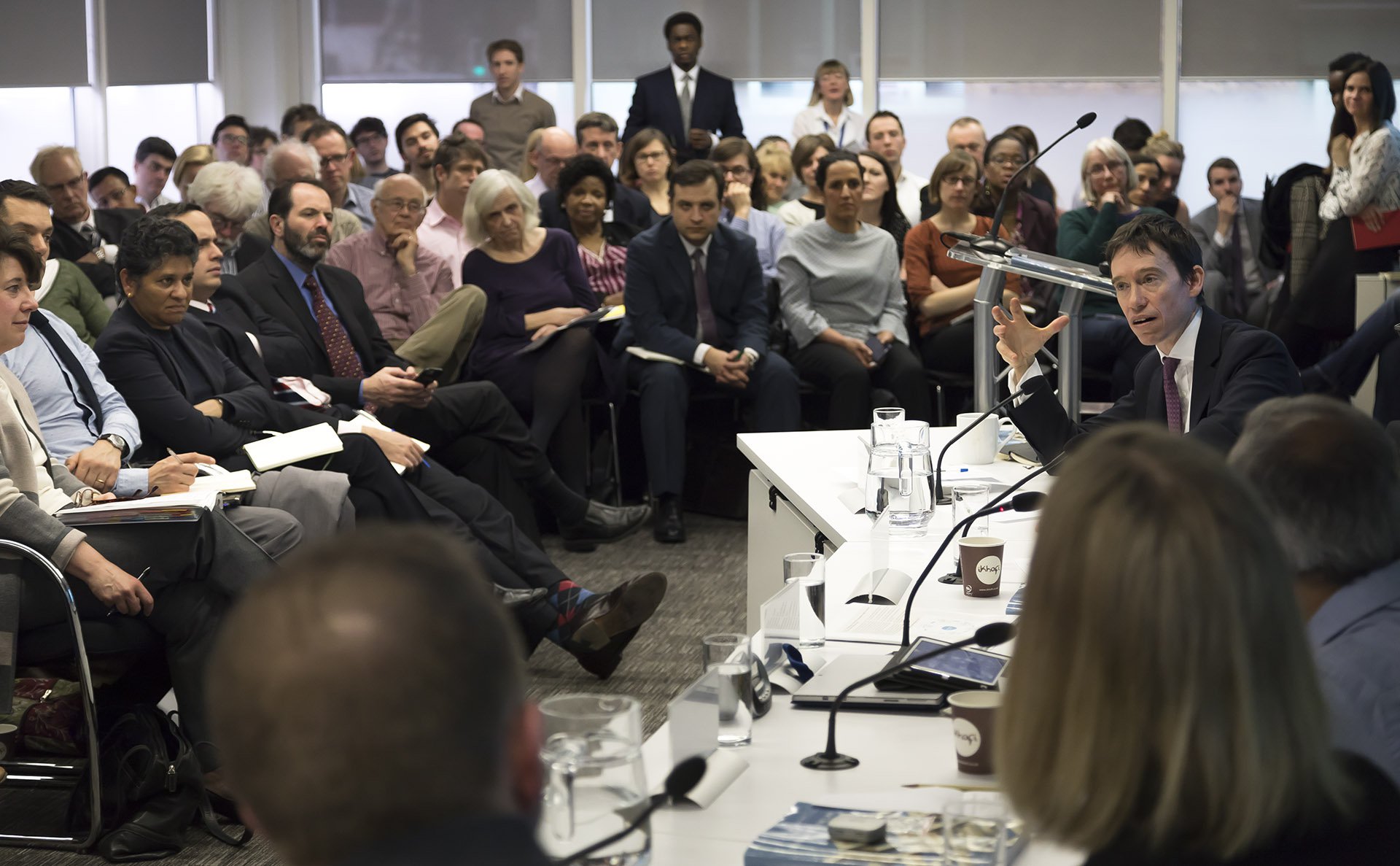This week, ODI launched the World Bank’s 2017 World Development Report: Governance and the Law. In his keynote address, Rory Stewart, Minister of State for International Development, eloquently and sometimes irreverently highlighted some of the report’s implications: that it ‘liberated’ governance from its silo, making the connection to security and economic development; showed humility about the role of outsiders; and gave a real sense of ‘the local’ – the diversity of contexts around the world.
These highlights reflect many of the principles of ‘Doing Development Differently’ (DDD) – a community I’ve been proud to help convene since 2014.
To do development differently, people need to recognise the need to engage with complex social, political and economic systems; that many of today’s big challenges require shifts in incentives and behaviours; and that this means there is no blueprint to follow.
Testing, learning and adapting are needed; working with reform leaders to identify solutions that are a good fit to the problem and context at hand.
However, changing incentives is difficult. Instead of tackling complexity, it’s easier to just focus on vaccines and other things we can easily control. But over the last few years, I think there has been a subtle shift: from lamenting this problem, to actually trying to put DDD principles into action and work more adaptively.
One example is the quiet reforms underway within the UK’s Department for International Development (DFID) to make their programmes more adaptive.
Putting theory into practice
In a report launched today, we reflect on what we’ve learnt from supporting efforts within DFID over the last couple of years. So, what have we found?
There is now a portfolio of programmes that exhibit some common DDD features, including a focus on governance, private sector development, basic service delivery, conflict and gender.
Across these, there is an emphasis on being more ‘problem driven’ – not imposing standard formulas and templates, but identifying specific constraints that need to be unlocked to enable progress.
Less encouragingly, we’ve found that DFID programmes often find it harder to commit upfront to experimentation and ‘learning by doing’ as a core method of work – instead they fall back on just changing direction when things go wrong.
And there is a real danger that this becomes an agenda that gets stuck in a few (quite) good projects or pilots, rather than embedding itself and leading to change across the organisation.
The way forward
So, what more can the UK do?
1. Build greater leadership vision and a supportive management culture.
The 2016 Bilateral Development Review committed DFID to a ‘culture of learning and adaptive programming’. Ministers and senior managers need to back this up with a well-communicated vision from the top.
2. Think beyond projects and programmes.
The next shift should be towards integrating DDD principles in country plans, strategies, and across portfolios. The new Economic Development Strategy is a good example of how this can be done.
More broadly, this means tracking the strategic contribution of UK aid overall, at country or regional level, and learning how this contribution adds up to more than the sum of its parts – i.e. whether it is nudging things in a positive direction or supporting more transformational shifts over time.
3. Move towards more ‘adaptation by design’.
Develop greater clarity about what adaptive programming is – and isn’t. This should mean recognising uncertainty upfront and putting in place systems to deal with it.
Core outcomes should remain relatively fixed; the space for adaptation is about how to get there.
4. Streamline approval and procurement to manage uncertainty.
You can criticise designs for being unclear about their aims and methods, but not for failing to deliver certainty. While the Smart Rules and shifts in procurement have moved DFID in the right direction, in practice, approvals and contracting can still be sticking points.
DFID’s implementers need to change too – it is still all too easy to promise simple but unrealistic solutions to win bids.
5. Find new ways to support locally led problem solving.
This is the hardest one to deliver but it was the biggest priority for the Minister in his talk. Ultimately, we all know change has to come from within. Without this, reform efforts will only be superficial. Previous efforts at supporting ‘country ownership’ have not really delivered.
More innovative uses of arms-length support and new approaches to helping facilitate reform coalitions may be the most realistic options in many countries, alongside much more investment in capturing local knowledge and understanding.

